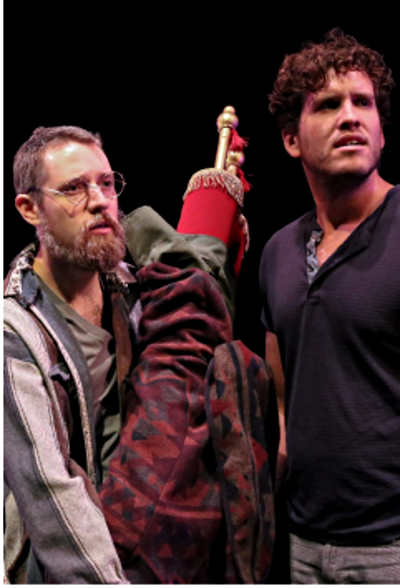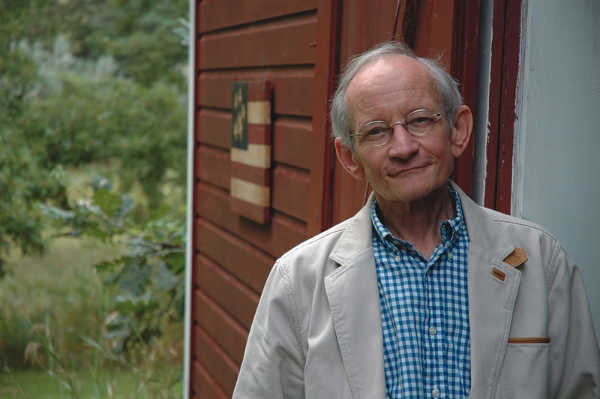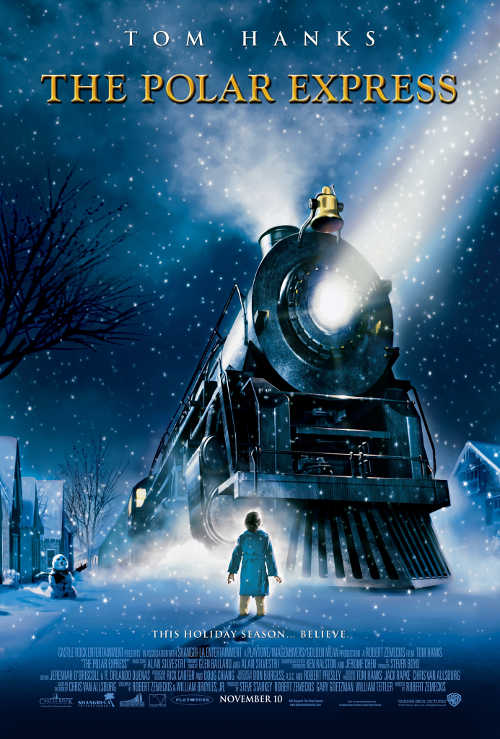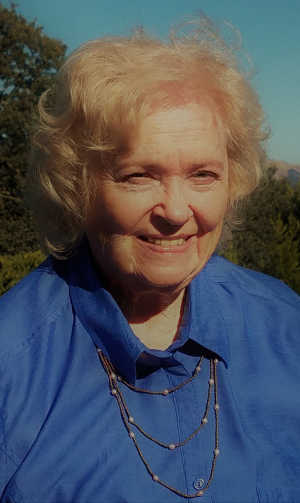- Tim Riley
- Posted On
‘Richard Jewell’ portrays the innocent man wrongly accused of crime
‘RICHARD JEWELL’ (Rated R)
As an esteemed film director, Clint Eastwood has artfully tackled the subject matter of real-life heroes in “American Sniper” and “Sully,” the latter a story of an incredible feat of a seasoned pilot’s emergency landing in the Hudson River.
With “Richard Jewell” also based on a true story, Eastwood reaches back to the more distant history of the 1996 Olympics in Atlanta, when a bombing at Centennial Park resulted in an inevitable frenzy for both the media and authorities.
The titular character turned out to be central to the case in which the life of an ordinary man, trusting that his actions were noble, found his life turned upside down by an unscrupulous media and the law enforcement community he idolized.
Richard Jewell (Paul Walter Hauser), overweight and unassuming, is first seen a decade prior to the Olympics in a menial job at a government office where the only person to befriend him is the acerbic lawyer Watson Bryant (Sam Rockwell), later to feature prominently in his ordeal.
For a guy who says that he studies the penal code every night, Jewell is committed to getting a career in law enforcement even though after losing a job as a sheriff’s deputy he ends up being a glorified security officer at Piedmont College.
Things take a turn for the worse when the officious dean of the college fires Jewell for being overzealous for such things as flagging down students for traffic violations on the highway and busting up noisy gatherings in dorm rooms.
Taking a security guard position for the Atlanta Games near the sound tower for outdoor concerts, Jewell relishes the opportunity to interact with police officers by providing refreshments that he’s also willing to offer to visitors in need, like a pregnant lady.
Solicitous and affable almost to a fault, Jewell discovers a suspicious backpack left unattended under a bench. Alerting the authorities to the situation, it is soon learned that an incendiary device poses an immediate threat.
Apparently unknown to anyone on the scene at the time, an anonymous caller to 911 ominously informs the dispatcher that “there is a bomb in Centennial Park. You have 30 minutes.”
Meanwhile, the quick thinking of Jewell results in his warning the concertgoers to evacuate the area, and his swift actions saved countless lives even though not everyone could reach safety. One person died and over one hundred were injured in the bomb attack.
Suddenly a hero, Jewell’s 15 minutes of fame turned into three days of celebrated coverage where he is lauded by the media and interviewed on television. He even gets offered a chance to seal a book deal.
However, it doesn’t take long for the FBI to feel pressure to find the culprit. Agent Tom Shaw (John Hamm), a composite character, intuitively formulates the thought that the hero could be the prime suspect.
Not helping matters for Jewell is when the college dean who fired him from the security job calls the FBI to let them know of his past campus stint of aggressive policing and sense of grandeur.
The FBI soon profiles Jewell as the false hero who placed the bomb only to uncover the plot. After all, the red flags are those of a white male loner seeking attention who also lives with his mom, Bobi (Kathy Bates), in an apartment.
In a matter of days, the humble savior’s life unravels when FBI agent Shaw confirms to the local newspaper’s investigative reporter Kathy Scruggs (Olivia Wilde) that Jewell has become the agency’s prime suspect.
For her part, Scruggs comes off, unfairly as far as her former colleagues and employer are concerned, as using feminine wiles and sexual favors to coax hot tips for a story that will grab headlines in the morning edition.
With his life shattered by hounding from the media as well as the FBI, Jewell turns to his old friend Watson Bryant to serve as his attorney, a role he takes on with great relish because of his anti-establishment views and distaste for seeing his client railroaded.
Indeed, the behavior of FBI agent Shaw, who won’t even admit he’s wrong long after Jewell is no longer a suspect, is the real villain of this story, a man so condescending and arrogant that he seeks to entrap his target with a bogus training video.
What’s best about this film are the powerful performances of so many characters, particularly Hauser’s flawed Jewell trying so hard to get along and Rockwell’s Watson insistently challenging and pushing back hard on his client’s tormentors.
Not to be overlooked is Kathy Bates’ incredible turn as Jewell’s protective mother, who really shines during a televised press conference with a tearful plea to President Clinton to restore her son’s good name.
“Richard Jewell” proves to be another gem in Clint Eastwood’s illustrious career behind the camera.
Sadly, the real Richard Jewell died of heart failure at the age of forty-four in 2007 and didn’t live to see the just redemption offered in this compelling drama.
Tim Riley writes film and television reviews for Lake County News.











